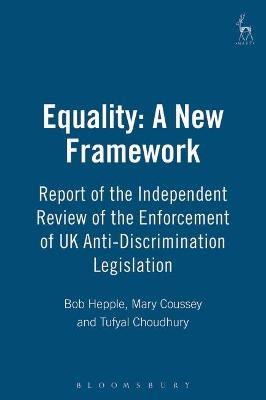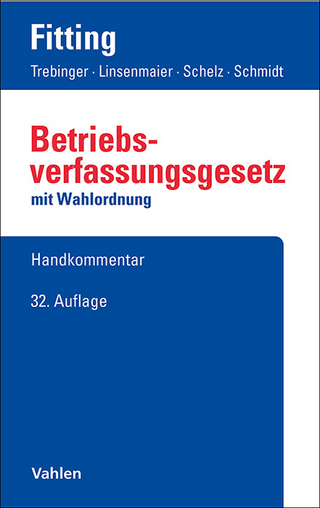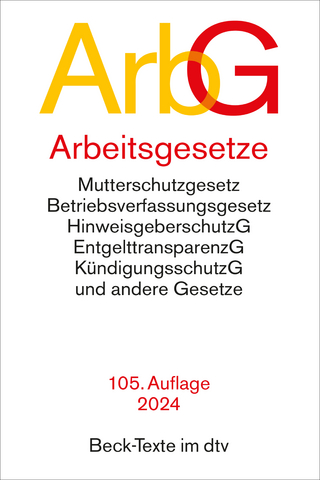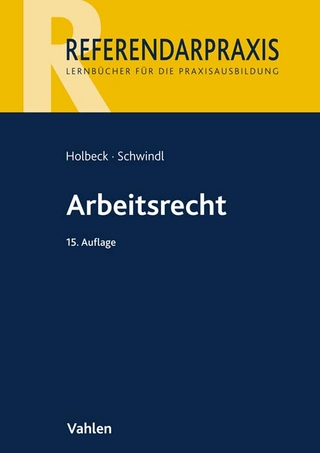
Equality: A New Framework
Hart Publishing (Verlag)
978-1-84113-159-7 (ISBN)
The need for a legislative framework for ensuring equality of opportunity is not seriously questioned in the UK. However,despite the presence on the Statute book of various significant pieces legislation dating back to the mid 1970s, there remain deep-seated structural disadvantages which blight the lives of many women, Black and Asian people, and disabled persons. The Stephen Lawrence inquiry report highlighted the presence of institutionalised racism in the police. Similar barriers can also be found in other public services and in private sector organisations. There are also insistent demands for the extension of legislation to cover discrimination on other grounds such as religion, age and sexual orientation. Discriminatory behaviour cannot be remedied by legislation alone, or simply by the actions of government, courts and tribunals and Commissions. Political and social leadership, customer and peer pressure, the development of good practices and campaigning all have a crucial part to play. Employers, trade unions, social organisations and clubs, service providers and individuals all have to take voluntary action to achieve the goals of the legislation.
One thing that is clear is that the present legislation is badly in need of modernisation. The present acts are outdated, piecemeal and inconsistent. They fall short of the standards set by EU law, international human rights law, and the Human Rights Act. In writing this report, the authors set out to develop an accessible and cost-effective legislative framework for ensuring equality of opportunity, and to propose other measures which will promote equal opportunity policies and spur compliance with those policies. In the course of preparing the report they have considered experience in other countries. They have heard from many individuals and organisations who have either experienced the effects of discrimination or attempted to counter it. They conducted a survey of employers in Britain, Northern Ireland and the USA, which shows that human resource managers are looking for a new more inclusive approach not only to prevent discrimination but also to provide positively for the fair participation of all groups.
These views, together with those of an advisory group drawn from government, the Commissions, and tribunals, as well as a panel of academic and practising lawyers, form the backdrop to the recommendations contained in this report. Coming at a time when the Government is committed to introducing new equality legislation the report is bound to be highly influential. It will be essential reading for all those interested in human rights, discrimination and employment law, and human resources management. TABLE OF CONTENTS Introduction - Aims and Methodology Ch. 1 - Why a new famework is needed Ch. 2 - Harmonising legislation and institutions Ch. 3 - Changing organisational policy and behaviour Ch. 4 - Making procedures and remedies more effective Appendices The research was sponsored by the Joseph Rowntree Charitable Trust and the Nuffield Foundation, and was conducted under the auspices of the Centre for Public Law and the Judge Institute of Management Studies in the University of Cambridge.
Sir Bob Hepple QC,FBA is Emeritus Master of Clare College; Emeritus Professor of Law in the University of Cambridge, and Honorary Professor of Law in the University of Cape Town. He has acted as an independent expert for the ILO and EU. Mary Coussey is a Senior Associate of the Judge Institute of Management Studies in the University of Cambridge. Tufyal Choudhury is a Lecturer in the Department of Law at Durham University.
Why a new framework is needed: challenges to the present framework - outdated legislation, the law of the European Union, devolution, the Human Rights Act 1998, summary; the changing face of discrimination and disadvantage: social structure and attitudes, the labour market and unemployment, the gender pay gap, discrimination; changed social and employment practices; towards a new framework. Harmonising legislation and institutions: a single statute? - defects of the present framework, how to harmonise; principles; the concepts of equality and discrimination - direct discrimination, victimisation, knowledge, intention and motivation, indirect discrimination, equality of opportunity, fair participation and fair access, interpretative principles; justification of discrimination - direct discrimination, disability discrimination, genuine occupational qualification, reasonable adjustments, positive action; harassment and bullying; grounds of discrimination - general considerations, specific grounds; harmonising or merging the commissions - a single commission?, structure of a single commission. Changing organisational policy and behaviour: regulatory strategies; duty on public authorities to promote equality - purposes, principles, scope, equality schemes, which authorities and functions?, enforcement; employment equity - lessons from the USA, Northern Ireland, a scheme for Britain; pay equity - introduction, EOC and TUC proposals, the Ontario Pay Equity Act, enforcement of pay equity schemes, relationship of pay equity to individual right, pay comparisons; contract and subsidy compliance - meaning, practice in Britain, Northern Ireland, objections and justifications, restrictions under EC law, proposals. Making procedures and remedies more effective: specialisation and training - a specialist division?, training of chairmen, lay members, the title of "chairman"; jurisdiction - employment appeal tribunal and county and sheriff courts - transfer of cases to the Employment Appeal Tribunal, county and sheriff court cases; pre-hearing matters - unmeritorious cases, interlocutory hearings, questionnaire procedure, class actions and group litigation, equal pay claims; the hearing - length of hearings, legal help and representation, burden of proof; time limits; remedies - compensation, exemplary (punitive) and aggravated damages, reinstatement and re-engagement, power to make recommendations, interim relief; costs; conciliation, mediation and arbitration. Appendices: findings from employer case studies; legislation; comparison of legislation; consultations and interviews; selected bibliography; research team, advisory committee and panel of experts; working papers.
| Erscheint lt. Verlag | 24.7.2000 |
|---|---|
| Verlagsort | Oxford |
| Sprache | englisch |
| Maße | 210 x 279 mm |
| Gewicht | 468 g |
| Themenwelt | Recht / Steuern ► Arbeits- / Sozialrecht ► Arbeitsrecht |
| Recht / Steuern ► EU / Internationales Recht | |
| ISBN-10 | 1-84113-159-8 / 1841131598 |
| ISBN-13 | 978-1-84113-159-7 / 9781841131597 |
| Zustand | Neuware |
| Haben Sie eine Frage zum Produkt? |
aus dem Bereich


